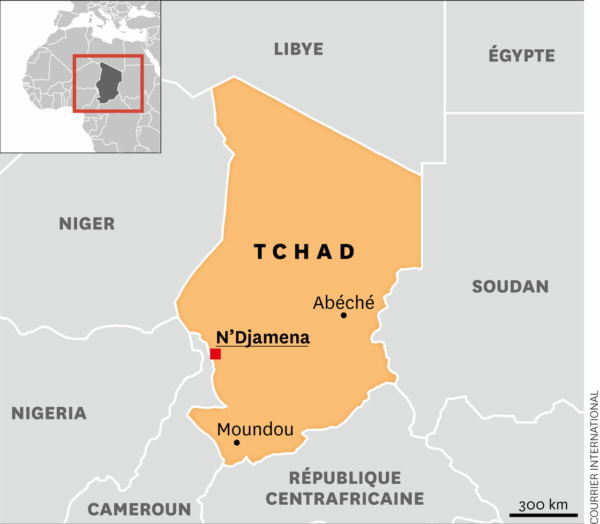The International Monetary Fund (IMF) Board of Directors approved a new agreement for Chad under the Extended Credit Facility (ECF) on July 25, 2025. This 48-month program provides $625 million in financing to support the Chadian government’s efforts to implement the National Development Plan 2025-2030.
The agreement aims to strengthen budget sustainability, improve targeted social spending, promote governance, and address pressing balance of payment imbalances exacerbated by oil price volatility and the humanitarian crisis related to the influx of refugees. The IMF notes that this financial support should also contribute to the macroeconomic stability of the CEMAC region and mobilize additional funding from international partners.
This program follows an IMF mission to N’Djamena from May 5 to 16, 2025, which resulted in a preliminary agreement for a total amount of 365 billion CFA francs, approximately $630 million. The overall financing will span four years and is part of the national strategy “Chad Connection 2030.”
In a challenging economic context marked by the decline in oil revenues – the country’s main source of foreign exchange – the reduction in official development assistance, and regional security tensions, this IMF support provides a lifeline. Economic growth remains weak, inflation is high, and public debt is close to concerning levels according to the latest macroeconomic data.
Beyond financial assistance, the agreement includes major structural reforms. Chad has committed to increasing tax revenue mobilization, rationalizing public spending, improving transparency in state resource management, and cleaning up the governance of state-owned enterprises. Special emphasis will be placed on improving the business climate to stimulate private investment.
This IMF program is a strategic lever to put the country back on track towards economic and social stability, while promoting inclusive development in an increasingly uncertain regional environment.


